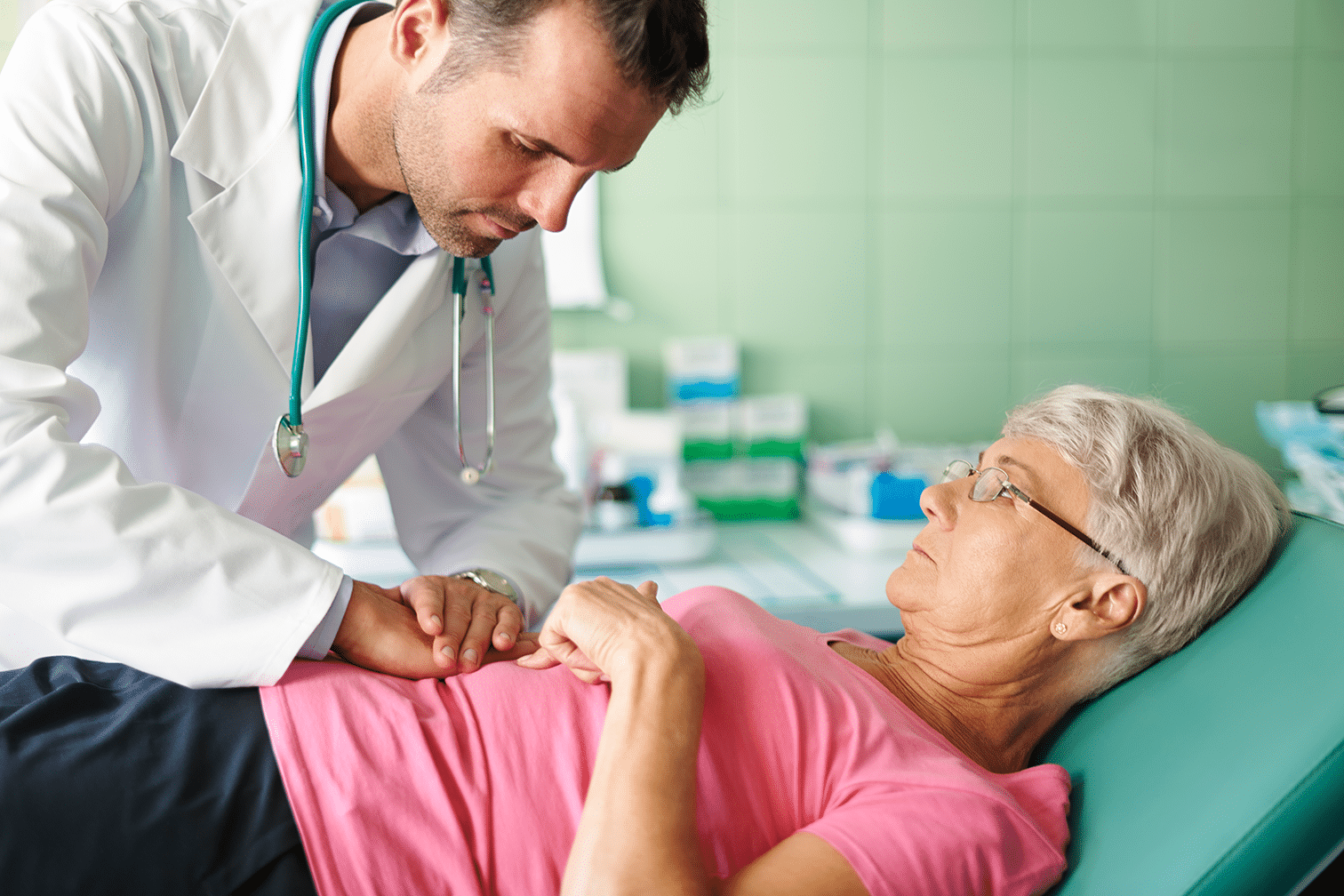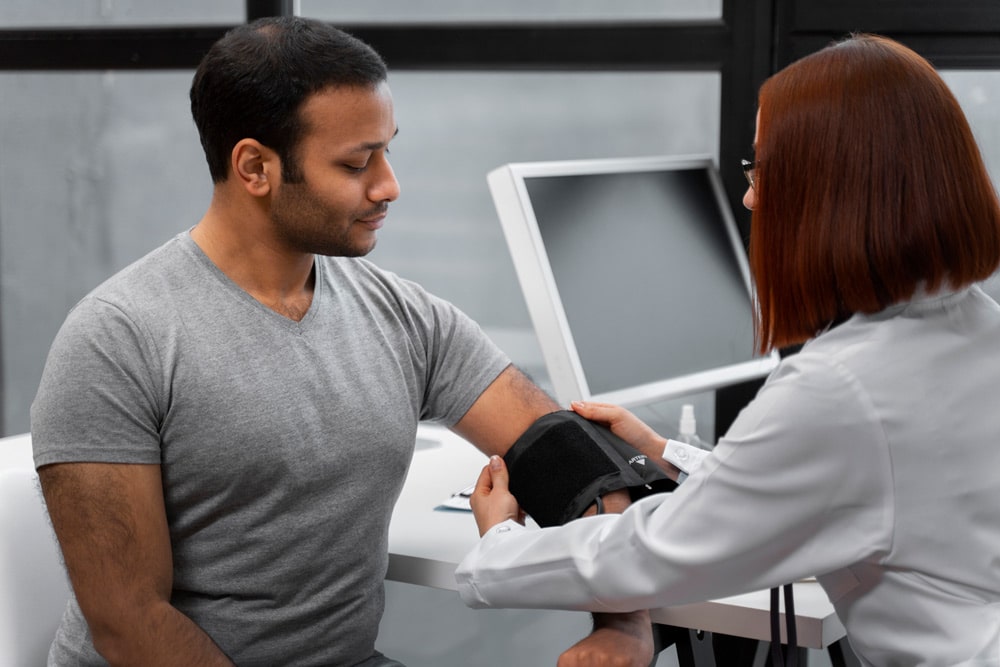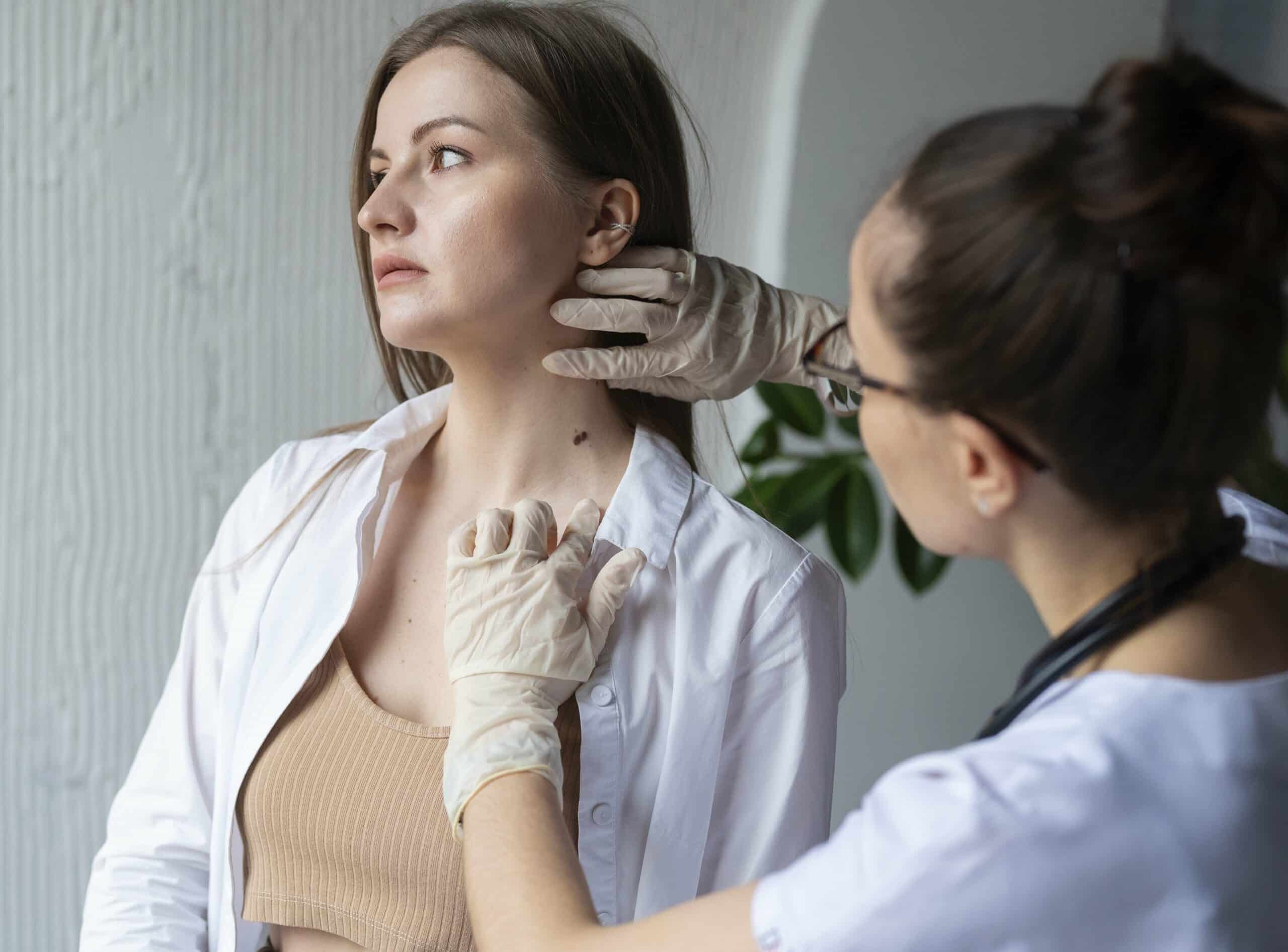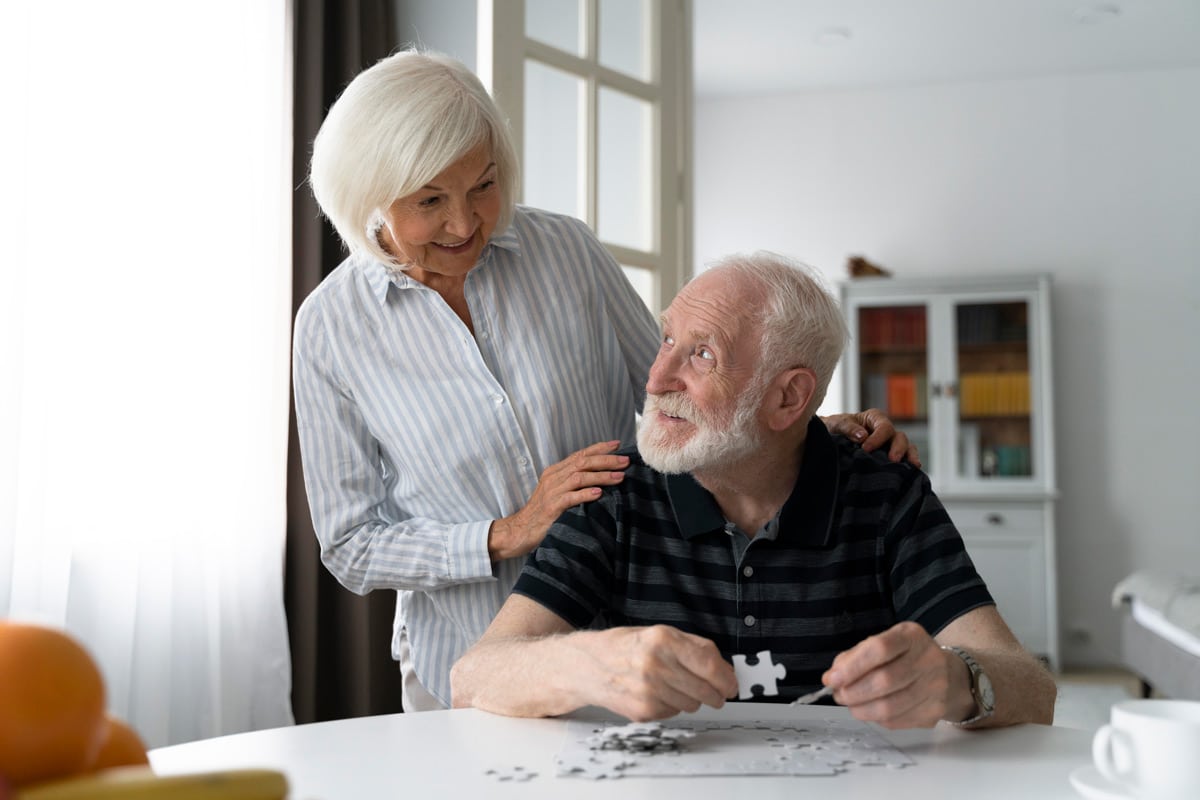You will undoubtedly already know that the coronavirus SARS-coV-2, causing the disease COVID-19, has been a before and after for the recent history of humanity. Hundreds of thousands of people have died around the world because of this VIRUS that has led to the largest global health emergency till the date. However, surely you also know cases of people who have tested positive for COVID-19 and have barely had a slight cold or have not even had a single symptom. How is this possible? Why is it so lethal for some and for others just a cold?

Could genetics have something to do with it?
Since the pandemic began, there have been many questions about this new virus. Little by little, thanks to scientific research, we have learned vital characteristics that help us in the fight against this virus.
One of the great questions that scientists have asked themselves from the beginning has been precisely this great difference in symptoms and medical complications by COVID-19 among different patients. Although no one knows the answer for sure yet, two options are being considered. The Icelandic Scientist Kári Stefánsson, leader of «deCODE Genetics« and one of the most relevant researchers on this virus, made the following statements regarding this disparity of symptoms:
What is it that makes some people so sick and yet others do not get sick? There are two main possibilities, one is because of the genetic sequence of the virus itself, the other the genetics unique to each individual who acquires the disease.."
Kári Stefánsson

That is, on the one hand it could be due to different variants of the virus that act with different virulence. On the other, it could be our own genetic information the one that makes us more or less vulnerable to the virus. Most likely it is a conjunction of both, since there is evidence that COVID-19 is composed of different variants. But there is also evidence that our own genetics can protect us against certain pathogens or diseases. An example is the case of HIV, where it is well known by scientists that a certain mutation in the CCR5 gene provides resistance to this virus.
Does SARS-coV also have something to say?
The scientific community is currently working hard to find possible genes that affect sensitivity to COVID-19. On the one hand, genes that have already been widely studied as immune system boosters, that is, gene variants that can result in a stronger immune system. On the other hand, genes directly related to sensitivity to another coronavirus, the SARS-CoV from a few years ago. This can certainly help when it comes to finding the specific genes for COVID-19.

Age, gender, and blood group
An risk factor that we already knew is the feeling of age. It has become clear that this VIRUS affects older people to a greater extent. But this is not always the case, there have also been many cases of young or middle-aged people with a really serious medical condition. The genetics of each individual could explain this.
But something we have known recently is that the virus appears to affect male patients more. Not only has it been seen that men are more likely to contract the disease, but it is also more likely to die. This could only be due to environmental factors that affect men more than women, such as a greater tendency to smoke, or have heart problems. Although the truth is that there are researchers who speculate that women have an immune system that defends better against COVID-19.
Also recently, we have learned that there is a relationship between blood group and sensitivity to COVID-19. According to the genotyping company 23andme, they have analyzed the extensive genetic database of their clients and found that those who were COVID-19 positive more often had blood groups A, B or AB. In other words, those with blood group O they are up to a 26% less likely to contract the disease. On the contrary, those of the group A they are up to a 50% most likely to get it. If you want to read 23andme's article, click here.

At ADNTRO we analyze health-related genetic variants associated with components of the immune system, genes associated with inflammation processes, the Blood type … However, it is important to remember that there are more factors (in addition to the genetic one), such as previous pathologies, that can influence the final result.
In ADNTRO We are committed to health, and as these gene variations that are shown to affect the COVID-19 disease are published we will include them in our gene mapping service of in our DNA testing. Undoubtedly a fundamental tool to know the potential risk that we may have against the virus.














